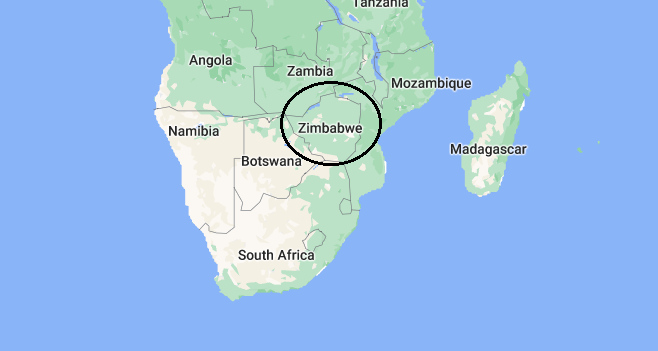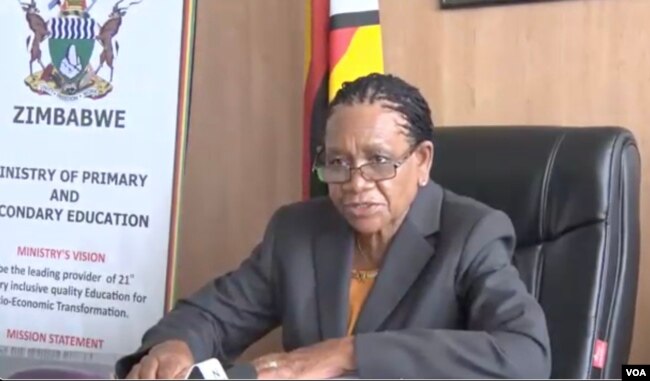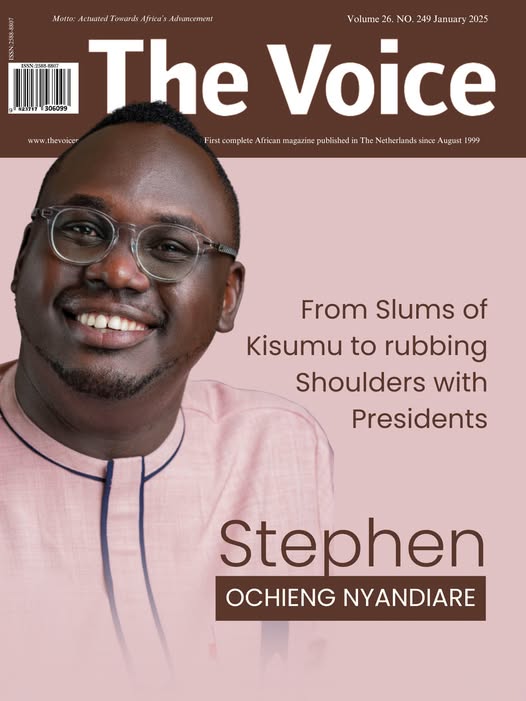
Authorities in Zimbabwe have suspended striking teachers for three months without pay in a dispute that will see most schools remain closed. The teachers went on strike this week over their compensation.
Evelyn Ndlovu, Zimbabwe’s minister of primary and secondary education, said late Thursday that striking teacher have been suspended due to their reluctance to resume work despite the government’s offer to give them a 20 percent salary hike and additional incentives.
“All officials within the ministry who absented themselves from duty since the opening of schools on 7th February, 2022 have been suspended without pay forthwith for a period of three-month. During this period, members are not to hinder or interfere with any investigations or evidence relating to the alleged misconduct,” said Ndlovu. “Appropriate action will be taken against members who abrogate their duties and responsibilities.”

Zimbabwe’s schools were scheduled to reopen this week after a long break caused by the COVID-19 pandemic. But teachers refused to resume working, asking for a pay increase. They currently earn about $100 a month.
The government Tuesday offered them a 20 percent pay increase and other incentives, such as free school fees for their children and loans for housing. But the teachers have rejected that offer as insufficient.
Obert Masaraure, the president of the Amalgamated Rural Teachers Union of Zimbabwe, told VOA the suspended educators are making an urgent application to the High Court to declare their suspension illegal.

“Public service regulation clearly articulates clear guidelines on how people can be suspended. We are not in a banana republic where anyone can wake up and make pronouncements which are detached and divorced from the law,” said Masaraure. “We note that the minister has withdrawn herself from the law, therefore cannot be able to speak legally on education (matters) because she has acted unconstitutionally by arbitrarily suspending teachers of Zimbabwe. We deem her suspended as she has acted outside the law.”
The pay dispute goes back to October 2018, when the government stopped paying teachers in U.S. dollars, switching to the reintroduced Zimbabwean dollar. The new currency has steadily lost value, effectively reducing their wages.
The Zimbabwe Teachers Association – the instructors’ biggest union – said it is hoping to meet with government officials soon to discuss the suspensions.





